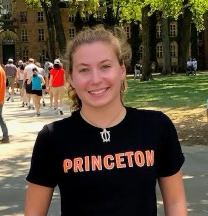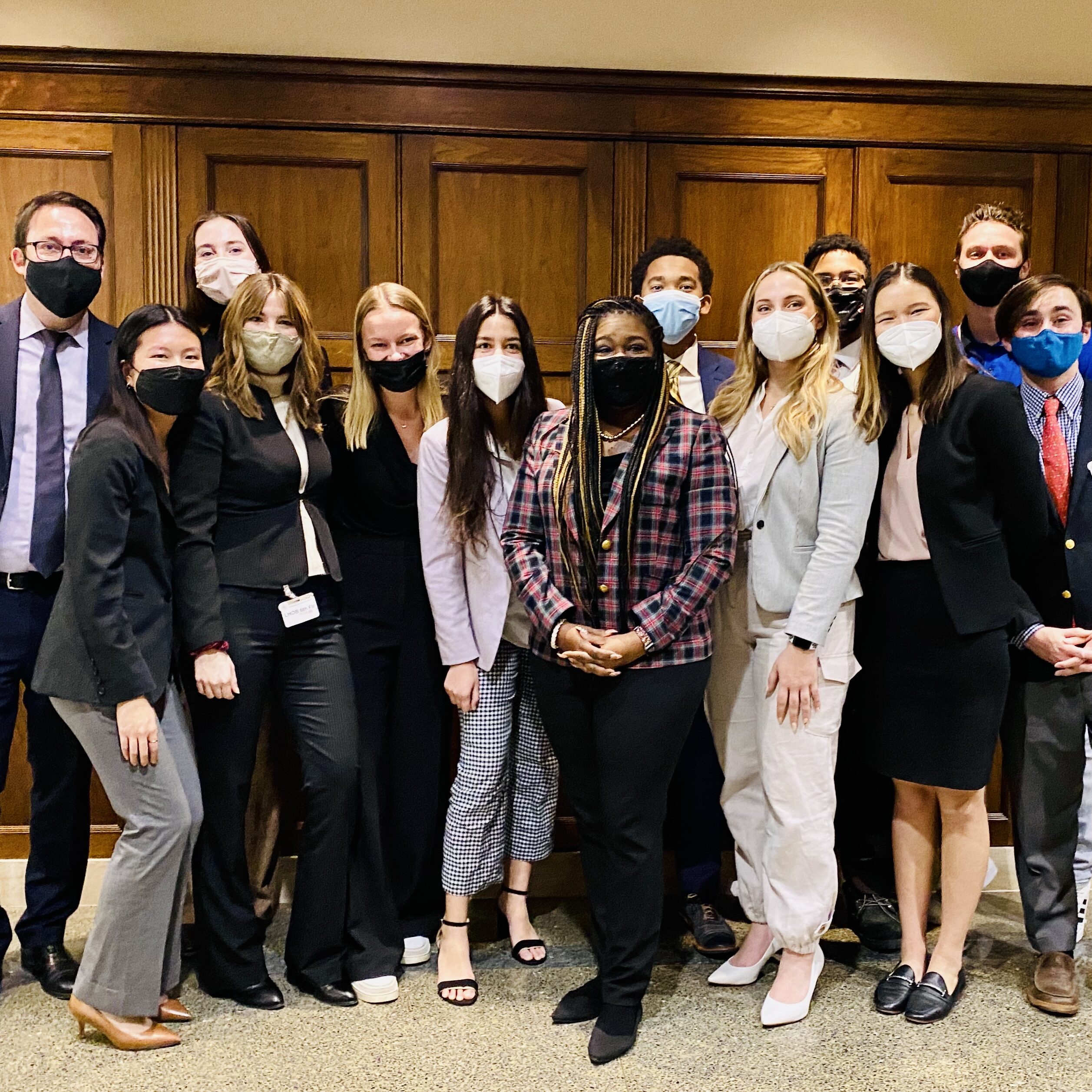Kasey Shashaty is a junior majoring in Electrical and Computer Engineering. She began working at the PULSe (Princeton University Laser Sensing) Lab in the summer of 2021 and has been working with them since. In this interview, Kasey and I discuss how she got involved in this lab through the ReMatch+ program, her experiences working in the lab both virtually and in-person, and where she is taking her experiences in the future.
Continue reading Experiences in the ReMatch+ Program: An Interview with Kasey Shashaty ’23 – Part 1Interested in Joining PCUR? Apply Now!
This year’s Princeton Correspondents on Undergraduate Research team has been working hard to share their research experiences and to highlight the incredible discoveries that are being made in labs and groups across campus. We’ve covered topics from summer internships, to independent work, to navigating research and life during the pandemic. As the end of the school year quickly approaches, we’re looking for new correspondents to apply and join our team! Curious to learn about what it takes to be a member of PCUR? Keep reading to find out!

Navigating Princeton in COVID-19 Isolation
Although things have been looking brighter on campus, with a decrease in COVID cases and happier weather, the threat of COVID-19 still remains and can be a daunting obstacle. I tested positive for COVID-19 last month, and I was lucky enough to get through it, but an extra stressor was definitely keeping up with my classes while being in isolation. Everyone’s experience is different, especially when it comes to symptoms and classes, but I hope that my advice can help you get through a tough time if it ever comes to it.
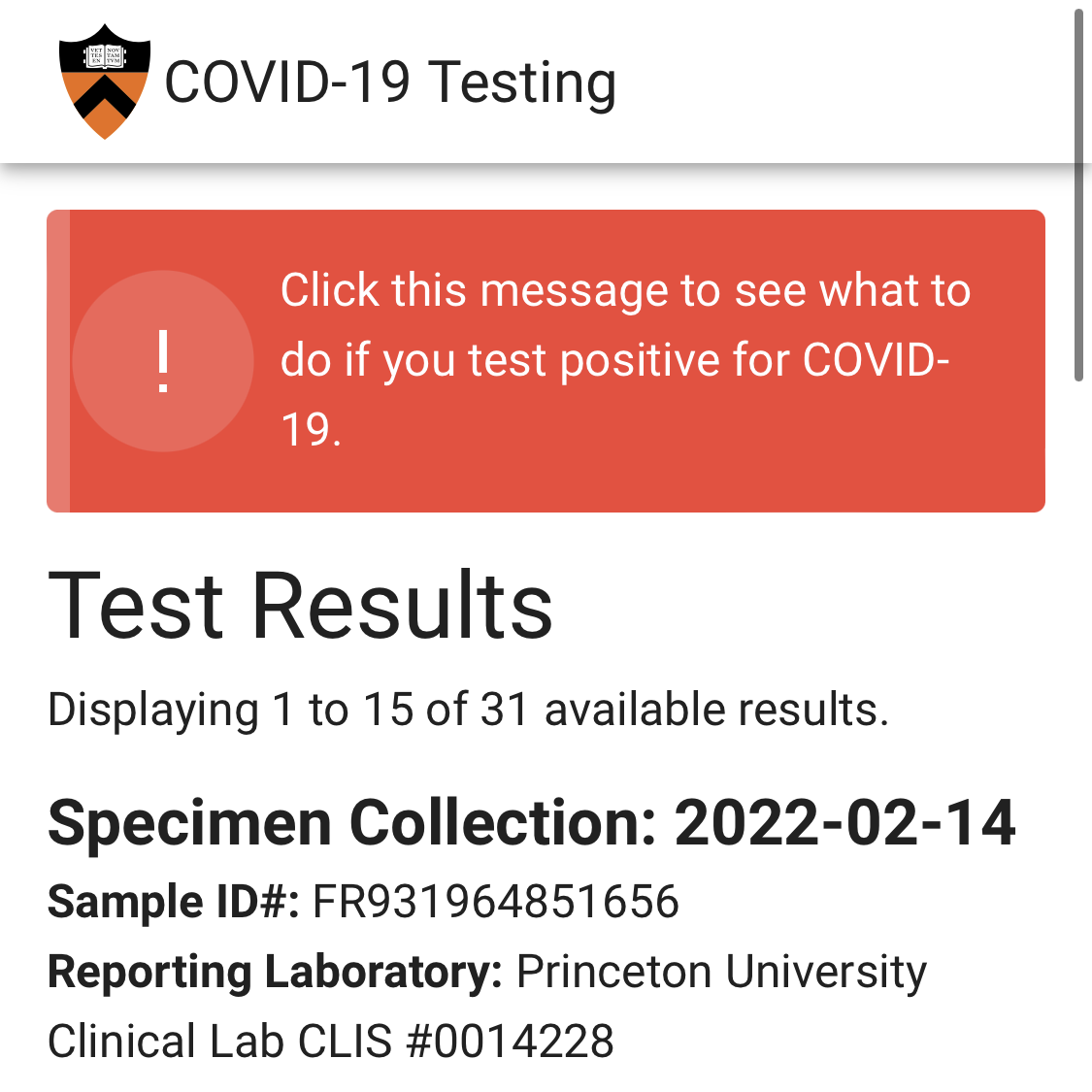
A look into Princeton Independent Research: Presenting Proposals to Congressmember Bush
When you are a first-year, you hear about the Senior Thesis, the Junior Paper, and independent research. While these may seem daunting and unexciting, they are actually some of the most unique and amazing parts of the Princeton experience. Most juniors do independent research within their respective majors. As a SPIA major, I took a Task Force in the fall, where I worked with a professor and team of SPIA students to achieve a policy mission, and I am now in a Research Seminar, where I am doing more quantitative research on a new policy issue. In this post, I would like to share my experiences in my task force last semester in order to help you gain an understanding of what independent research could look like, and how truly incredible it can be.
Continue reading A look into Princeton Independent Research: Presenting Proposals to Congressmember BushHow to Cancel on Someone, the Right Way
Earlier this winter, I received an email inviting me to a day’s worth of interviews for an MD/PhD program. This invitation included a schedule with Zoom meetings that extended much later into the day than I expected. As a result, these meetings conflicted with some of my classes as well as a meeting for an extracurricular activity.
We’ve all been there: something comes up and we can no longer make it to a class or meeting on our calendars. Whatever the reason, there’s a special kind of stress that comes with realizing you’ll need to cancel on someone. When will you have a chance to make this up? Will your colleagues and professors be upset with you?
I’ve also been on the other side of the equation: as a supervisor for Murray-Dodge Café, I’ve received my fair share of emails from students needing to miss a shift or a meeting. While the best way to handle these situations is to avoid them altogether, that isn’t always possible, so in this article, I’ll share some of my tips for handling these sticky situations!
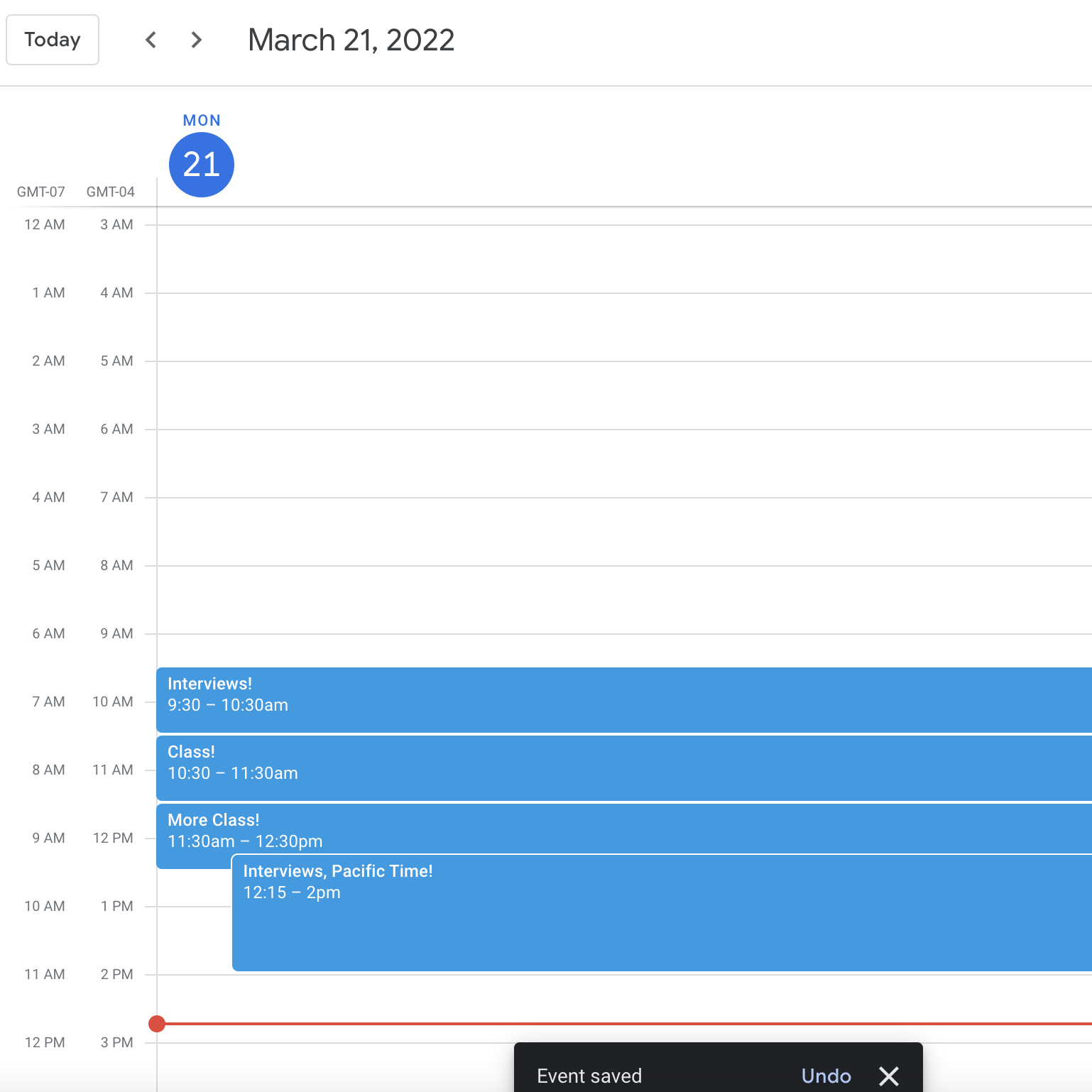
Graduate Studies and Careers in Public Service: an Interview with Professor Iqbal Zaidi – Part 2
In the second part of the interview with Professor Zaidi, the discussion gradually veers away from his career, and we go into his advice for students, the courses he loves teaching, and what he learned about making plans and still being flexible.
For those who missed the first part of the interview, please read it here.
Continue reading Graduate Studies and Careers in Public Service: an Interview with Professor Iqbal Zaidi – Part 2A Week in My Life Doing Materials Science Research
This semester, I am doing junior independent work in the Arnold lab group at Princeton, which is based in the MAE department but also focuses on materials science, which is what I am interested in. My project investigates creating graphene aerogels from protein precursors, which basically means that I get to select different proteins of interest, freeze-dry them, pyrolyze them, and then see if they create graphene by examining them under a scanning electron microscope (SEM). These graphene aerogels are interesting materials because of their high porosity and conductivity, making them promising for applications to energy storage, which is why we are interested in researching them.
I thought it might be interesting to highlight a week in my life (well, actually two weeks) to give some insight on what lab-based independent work can look like during the school year. I want to note that this is only my experience as a CBE major, and independent work can look very different for other majors. If you’re an underclassman interested in doing junior independent work or just curious about what that could entail, I hope that this post can provide some insight.
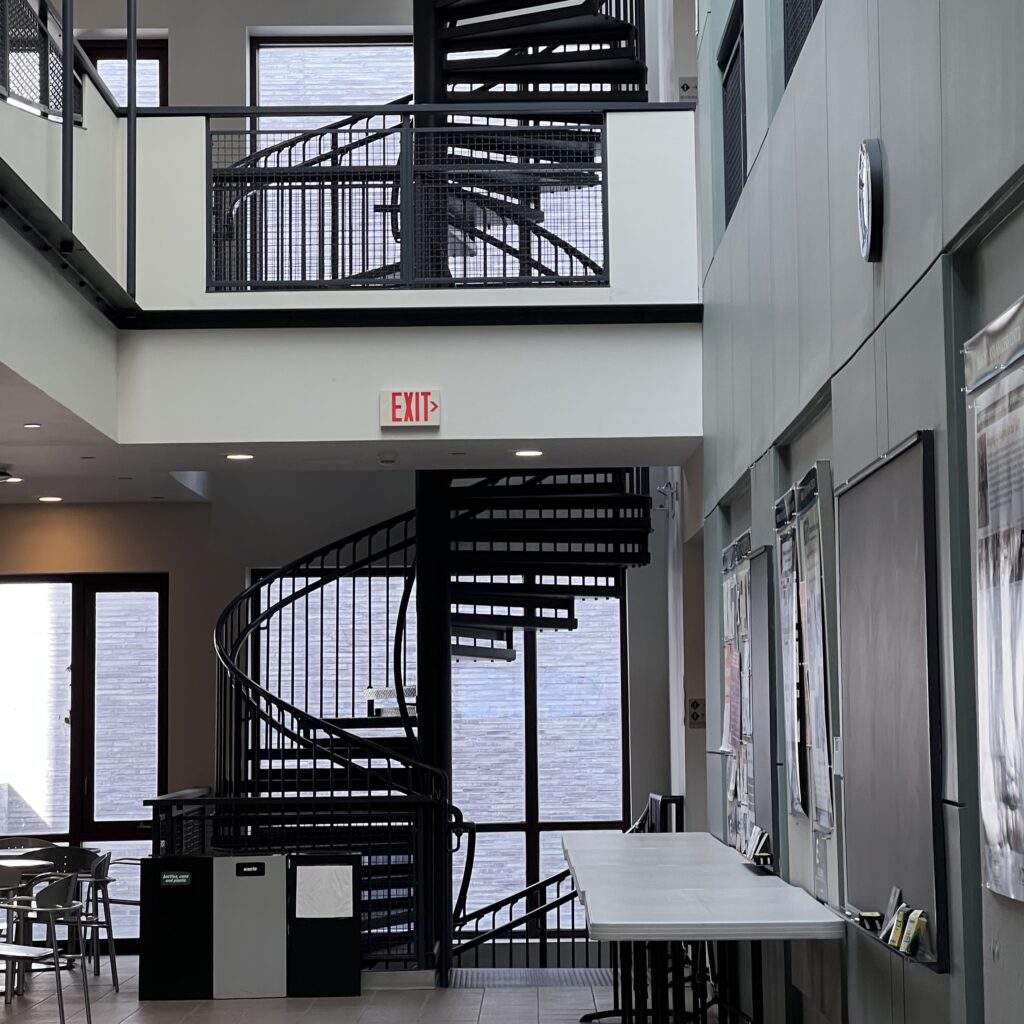
Lessons from Junior Independent Work in MAE
In the fall of 2021, I worked in the Computational Turbulent Reacting Flow Laboratory under the guidance of Professor Michael Mueller. In the Mechanical and Aerospace Engineering (MAE) department, junior independent research is optional. I enrolled in MAE339: Junior Independent Work in the fall and am currently continuing my research this spring semester. Research was an integral part of my high school experience, and I was excited to start working on independent research in my junior year of college in a different setting. Now, I want to share a few of the lessons I learned from this past semester with you:
Tips on Effectively Learning Vocabulary Words for Foreign Languages
As a senior concurrently enrolled in two Persian classes and working on completing a minor in German, I am no stranger to learning vocabulary words. To be frank, however, I have rarely enjoyed this process. From awkwardly jotting down words in the middle of conversations to hunting for their precise definitions and usages, I have found learning vocabulary to be more difficult and painstaking than the simple memorization task it is made out to be. The worst of all has been forgetting a vocabulary word I have studied or even failing to correctly identify a word, realizing after the fact that I ‘knew’ what it meant but couldn’t tease out the meaning in the moment.
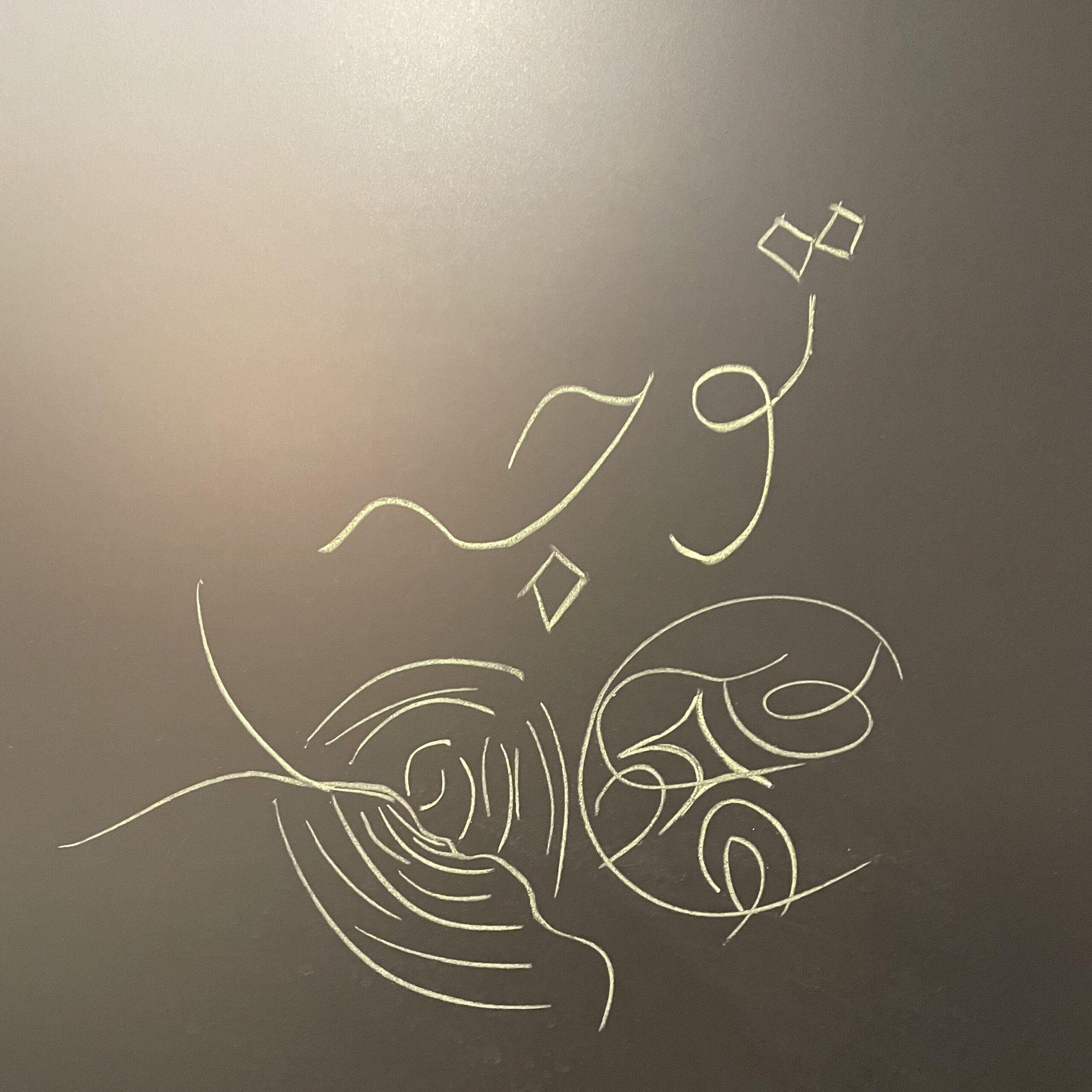
Lessons from My First Major Research Essay
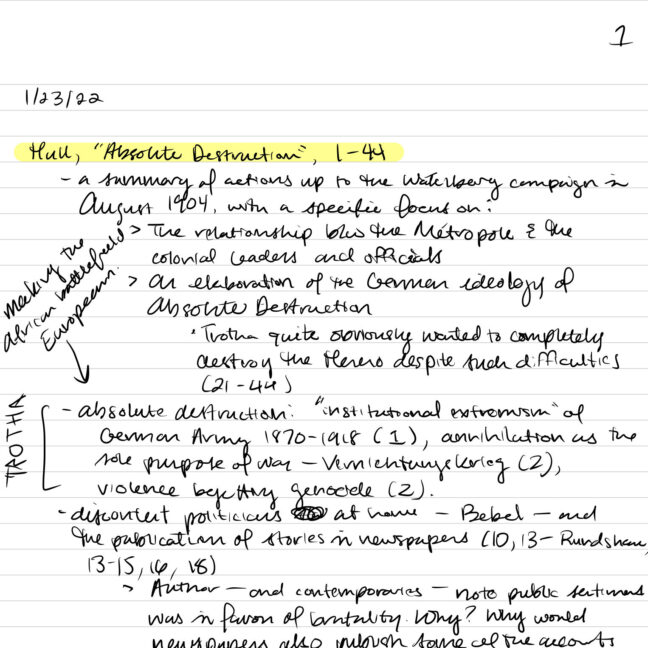
As I dive into my second junior paper, I’ve begun to realize how much more serious this paper is than the first one. Gone are the safety rails once provided by Princeton’s History department; instead of a course with concrete deadlines, I am now in the metaphorical Wild West, negotiating with my advisor on a whole bunch of elements: deadlines, research content, framing, among others. Even though it is only February when I write this, the April deadline eyes me ominously. With four classes and an array of extracurricular activities, whatever will I do to survive my second JP? How can I even anticipate the thesis?
At PCUR, we’ve done plenty of reflections on our prior research experiences. The more I think about it, the best thing to do is to reflect on my first JP. In that paper, I explored the attitudes and ideologies of consumption that post-war consumers held, particularly in relation to an acute shortage of nylon stockings. Sifting through dozens of articles in local newspapers, I identified many letters to the editor that female consumers sent in to voice their opinion about how nylons should be distributed, who deserves them, and how the shortage was affecting their everyday lives.
Although I am undoubtedly proud of the final product, there were many things I could improve about it. From the way I kept sources and my reading schedule to my writing method and the final editing process, I could enumerate an endless list. For now, I will highlight two of the biggest takeaways from my first JP, which will be particularly useful given the abbreviated timeline of the second paper.
Continue reading Lessons from My First Major Research Essay
